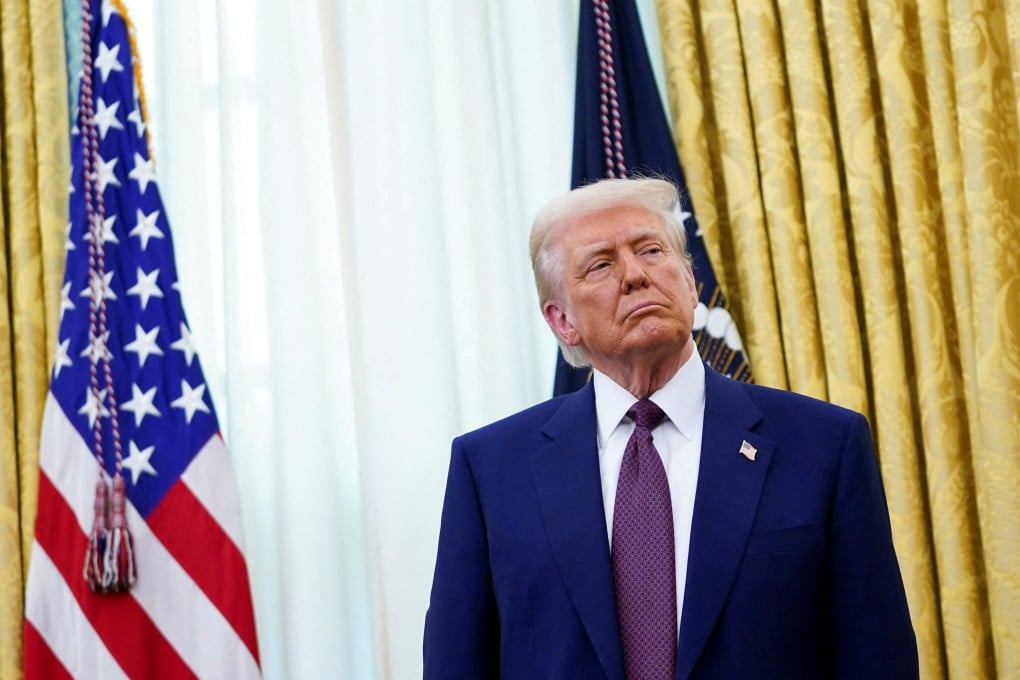My Take | Our brave new world is looking like the old one of great powers
Balance between Russia, China and America looks set to replace European Atlanticism and US hegemony, and it’s not a bad thing

Munich 2.0 or Yalta 2.0? There is currently a heated debate among Western pundits and politicians as to whether Donald Trump is trying to appease Vladimir Putin or divide the world into spheres of influence among the great powers.
The shock disclosure by the US president that he had a most productive phone call – which lasted 90 minutes! – with his Russian counterpart on how to end the war in Ukraine has caused panic in capitals across Europe.
So much for “Nothing about Ukraine without Ukraine”, which has long been the mantra of European leaders and the Joe Biden presidency.
Humiliated European leaders may be angry for not being consulted beforehand – what did they expect from Trump? But the euro and European stocks rallied on the news, which means investors are voting against the likes of hardline European Union President Ursula von der Leyen and her foreign policy chief Kaja Kallas. Thanks to leaders like them, ordinary Europeans are living through another winter of sky-high energy bills and other economic hardships, especially those in Kallas’ home country, Estonia, and the other Baltic states, which have this month finally severed all power grid connections with Russia.
Commenting on that phone call, one European news headline ran, “European Leader Compares Trump’s Russia Talk To Infamous 1938 Appeasement To Nazis: ‘Not Even Chamberlain Went That Low’.”
Another said: “Europe’s leaders warn against ‘appeasement’ with Russia, ceasefire talks without Ukraine”.
Of course, every time someone tries to talk peace, whether in Ukraine or in other past Western/American-fuelled conflicts, the hardliners and warmongers may always be relied on to shout loudly, “Munich!”. In that city, in 1938, the Western powers thought they could satisfy Hitler by accepting Germany’s annexation of a part of Czechoslovakia called the Sudetenland where most of the population were ethnic Germans. Likewise, Ukraine’s eastern oblasts, or administrative districts, now mostly occupied by Russian troops, have a permanent Russian population who do favour ethnic union.
